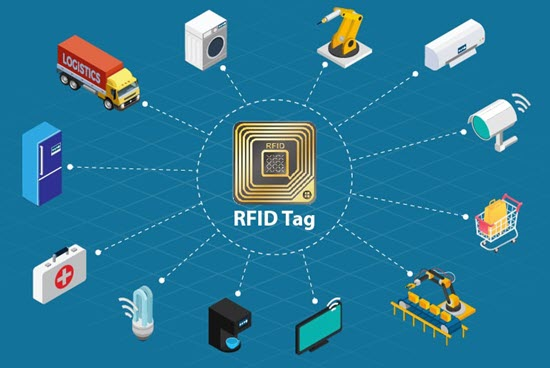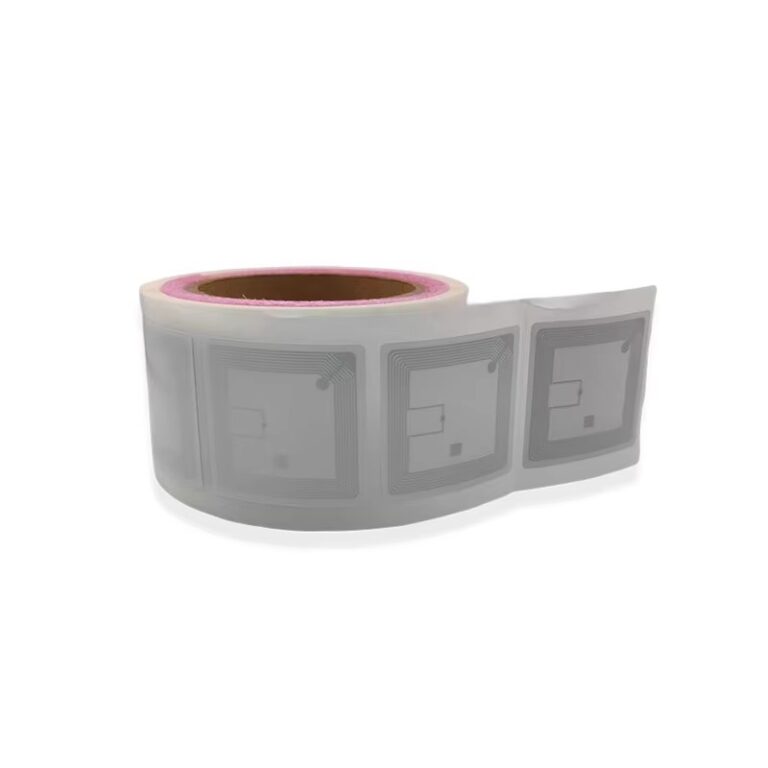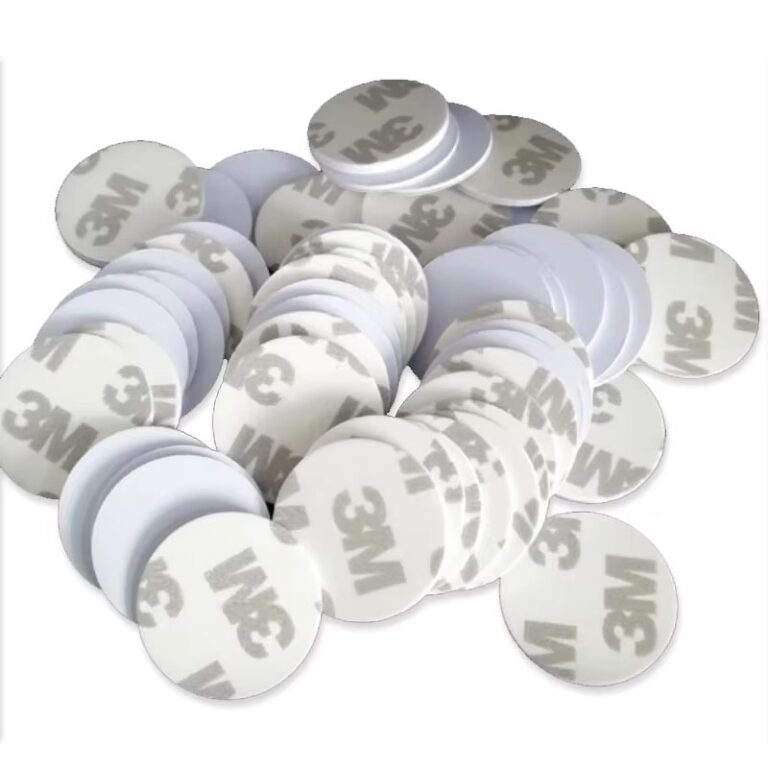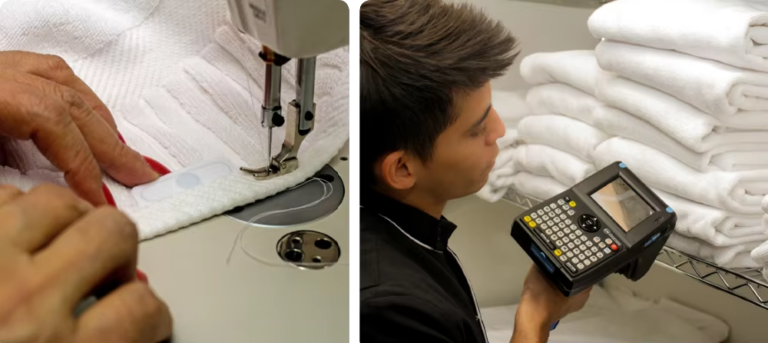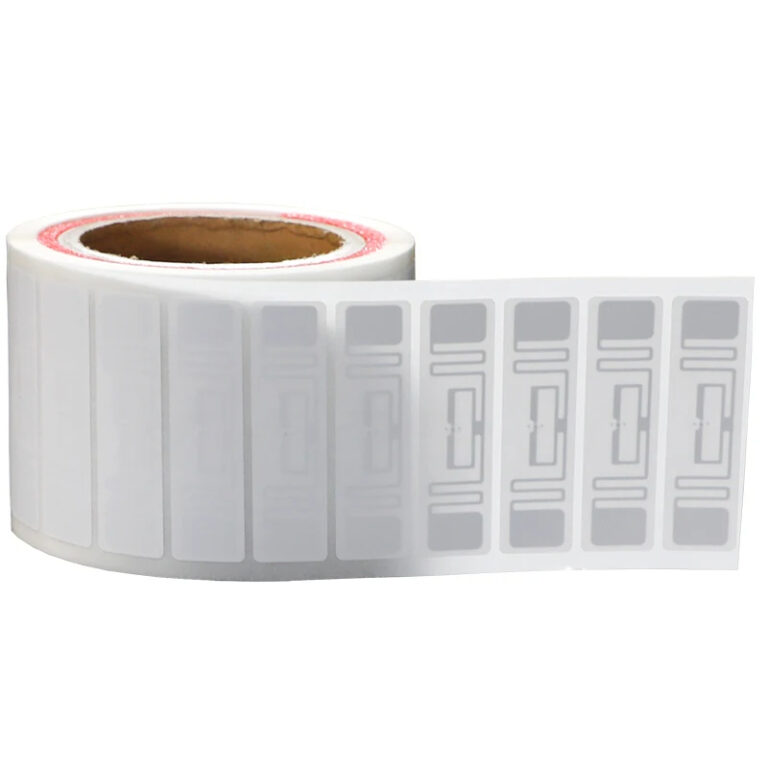How RFID Wash Care Labels are Transforming the Clothing Industry?
Introduction
Radio Frequency Identification (RFID) technology has revolutionized numerous industries, from logistics and healthcare to manufacturing and retail. However, one of the most intriguing applications of RFID technology is in the clothing industry, where RFID wash care labels are making a significant impact. These labels are not just about identifying and tracking garments; they are reshaping how inventory is managed, enhancing the customer experience, and combating counterfeiting.
The Evolution of RFID in the Clothing Industry
RFID technology has been around for decades, but its adoption in the clothing industry has gained momentum in recent years due to the significant drop in implementation costs. A UHF passive RFID label that used to cost 40-50 cents now costs around 4-5 cents. This dramatic reduction in cost has made RFID accessible to a broader range of businesses, leading to its widespread adoption across various sectors, including retail, supply chain, logistics, manufacturing, automation, healthcare, and education.
Despite these early challenges, the benefits of RFID technology could not be ignored. As data privacy laws evolved and technology improved, the adoption of RFID in the clothing industry began to pick up pace again.
What Are RFID Wash Care Labels?
RFID wash care labels are specialized RFID tags designed to withstand the rigors of the laundry process. These labels can be sewn into garments and are made from materials that can endure hundreds of wash cycles, high temperatures, and exposure to various chemicals. They use UHF RFID technology, operating at frequencies between 860-960 MHz, and comply with ISO 18000-6C EPC Class 1 Gen 2 standards.
Types of RFID Wash Care Labels
Laundry Tags for Linen Tracking: These tags are made from 100% polyester with a polycotton fabric base and are used to track linens and other fabric items through the laundry process. They are commonly used in hospitals to ensure a proper inventory of linens.
Benefits of RFID Wash Care Labels
RFID wash care labels offer numerous advantages for both retailers and consumers. Here are some of the key benefits:
Inventory Management
One of the most significant benefits of RFID wash care labels is improved inventory management. Traditional inventory systems require manual scanning of barcodes, which is time-consuming and prone to errors. RFID tags, on the other hand, can be read automatically without line-of-sight, providing real-time visibility of inventory. This allows retailers to track the movement of garments throughout the supply chain, reducing stock-outs and improving accuracy.
Supply Chain Optimization
RFID technology enables seamless tracking of clothes from the manufacturer to the store shelves. This real-time tracking helps retailers streamline their supply chain operations, reduce manual labor, and improve order fulfillment speed. With RFID, retailers can provide customers with real-time updates on their orders, enhancing the overall shopping experience.
Anti-Theft Measures
RFID tags are an effective tool for deterring shoplifting. When a customer attempts to leave a store with an item that hasn’t been paid for, RFID readers can trigger alarms, alerting store personnel. This helps reduce losses due to theft and prevents stock shrinkage.
Applications of RFID Wash Care Labels
The applications of RFID wash care labels extend beyond retail stores. They are used in various industries for a range of purposes:
Retail
In retail, RFID wash care labels are used for item-level tagging, which improves inventory accuracy and enhances the customer experience. Fashion giants like H&M, Zara, Levi Strauss & Co., Ralph Lauren, Burberry, Tommy Hilfiger, and Nike have successfully implemented RFID tags in their stores. These tags help in tracking items in fitting rooms, managing stock levels, and preventing theft.
Healthcare
In the healthcare industry, RFID wash care labels are used to manage medical apparel and linens. These tags help hospitals keep track of their inventory, ensuring that they always have the necessary items on hand. RFID tags also help prevent the loss of expensive medical garments and linens, saving hospitals significant amounts of money.
Hospitality
Hotels and restaurants use RFID wash care labels to manage their linen and uniform inventory. These tags help ensure that linens are tracked throughout the laundry process, reducing losses and improving efficiency. RFID technology also helps in managing uniform inventories, ensuring that staff always have clean and available uniforms.
Industrial Laundry
Industrial laundry services use RFID wash care labels to track garments and linens through the washing process. These tags help ensure that items are returned to their rightful owners and prevent losses. RFID technology also improves the efficiency of the laundry process, reducing the time and labor required to sort and track items.
Military and Law Enforcement
RFID wash care labels are used to manage uniforms and other garments for military and law enforcement personnel. These tags help ensure that uniforms are properly tracked and maintained, reducing losses and improving efficiency. RFID technology also helps in managing inventory levels, ensuring that personnel always have the necessary uniforms and equipment.
The Future of RFID Wash Care Labels
The future of RFID wash care labels looks promising, with advancements in technology continuing to drive their adoption. Here are some trends to watch:
Integration with IoT
The integration of RFID technology with the Internet of Things (IoT) is expected to drive further innovation in the clothing industry. IoT-enabled RFID tags can provide real-time data on garment usage, helping retailers and manufacturers make more informed decisions. This integration can also enhance the customer experience by providing personalized recommendations and improving inventory management.
Enhanced Data Security
As concerns about data privacy continue to grow, advancements in RFID technology are focusing on enhancing data security. Future RFID tags are expected to come with improved encryption and authentication features, ensuring that customer data remains secure. These advancements will help address privacy concerns and drive wider adoption of RFID technology.
Sustainable Practices
The fashion industry is increasingly focusing on sustainability, and RFID technology can play a crucial role in this effort. RFID tags can help track the lifecycle of garments, providing data on their usage and enabling more efficient recycling processes. This can help reduce waste and promote sustainable practices in the fashion industry.
Cost Reduction
As technology continues to evolve, the cost of RFID tags is expected to decrease further. This will make RFID technology more accessible to smaller retailers and businesses, driving wider adoption across the industry. Lower costs will also enable more innovative applications of RFID technology, further transforming the clothing industry.
Conclusion
RFID wash care labels are transforming the clothing industry by enhancing inventory management, optimizing supply chains, improving the customer experience, and combating counterfeiting. The benefits of RFID technology extend beyond retail, with applications in healthcare, hospitality, industrial laundry, and military sectors. As technology continues to evolve, the future of RFID wash care labels looks promising, with advancements in IoT integration, data security, sustainability, and cost reduction driving further adoption. The transformative power of RFID wash care labels is undeniable, and their impact on the clothing industry is set to grow even further in the coming years.


